Williston is one of few schools providing a new, necessary AP course, in spite of Florida’s recent attempts to ban it.
In 2021, the College Board approved a new course starting in the 2023-24 school year: AP African American Studies. There are only 60 schools across the US that are incorporating this class into the curriculum, and Williston is one of them.
For more than a decade, the College Board has worked to develop a course for African American studies. According to NBC, the course was made for two main reasons: to legitimize Black history as a necessary subject matter in American schools, and to reverse the underrepresentation of Black students in AP courses. The course addresses many aspects of African American history including literature, political science, arts, humanities, geography, and science to properly explore the crucial contributions African Americans have made to the world.
Michael Doubleday, who teaches AP African American Studies, believes the class is a necessary stride in talking about a history often forgotten.
“I think it is important for Williston to offer this class because it is an academic subject area that historically has not been fully covered in history classes,” he said. “As a history teacher, I strive to have all of my students make connections between themselves and the subject matter, and for students of color that connection can often be elusive in curriculums that don’t represent their ancestors’ full histories. Hopefully, this class will do a better job of that.”
Doubleday’s hope for this class is to aid students in grasping the world around them.
“I hope students in this class will be able to use what they’ve learned to better understand what is happening in contemporary society and be engaged and participatory citizens,” he said.
Zah Ewen, who is enrolled in the class this year, echoes her teacher in hoping the class will help the “greater Williston community name important connections between history and the present.”
Currently, the students are in the class are in the first unit, “The Origins of the African Diaspora,” and will be moving on to Unit 2: “Freedom, Enslavement, and Resistance.”
Nikki Chambers, Dean of Diversity, Equity, Inclusion, and Belonging, considers African American history American history.
“African American history is an integral part of America’s culture and identity,” she said. “The content being taught in this class provides a critical lens for our students to understand and appreciate the contributions African Americans have made to the political, social, and economic landscape of the United States, from social justice, art, music, cuisine, literature, and so much more.
Studying history without studying African American history is only learning part of the full story, Chambers added.
“If we don’t teach African American history, our students’ understanding of American history would be myopic and incomplete,” she added.
Chambers understands that the subject matter can be challenging for adolescent students, but highlights that this is a reality many Black people face at an early age
“It can feel hard and uncomfortable but understand this – young children from culturally dominant backgrounds hold some form of racism by the age of five,” she said. “Black children are being impacted by racial bias at that age too, and likely even earlier.
Jayson Leigh, Assistant Director of Admissions and Assistant Dean of Diversity, Equity, Inclusion, and Belonging, echoes Chambers’ point that American History, and its textbooks, are “told from the perspective of white people.” Black people have been silenced for too long and “African American Studies allows for Black people to tell their side of the story.”
Not every school was as accepting of this new course as Williston. In fact, some states went as far as the ban the class. According to USA Today, in mid-January, Florida’s Department of Education banned the class. The class was called “inexplicably contrary to Florida law and significantly lacks educational value” when referring to topics such as reparations or Black feminism.
Many were appalled at the ban, as well as the College Board’s response. According to Education Week, not long after Florida’s ban, the College Board scrubbed the curriculum of content that Florida education officials deemed erroneous.
Vice President Kamala Harris told Education Week, “Every student in our nation should be able to learn about the culture, contributions, and experiences of all Americans—including Black Americans—who shaped our history.”
Williston’s Newest Course: AP African American Studies
1
4
More to Discover
About the Contributor
Soleil Richardson ’24, Staff Writer/Editor





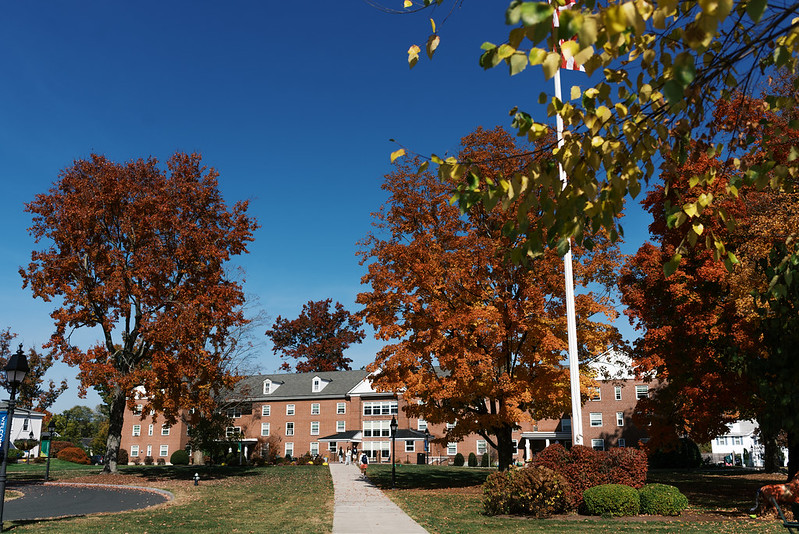


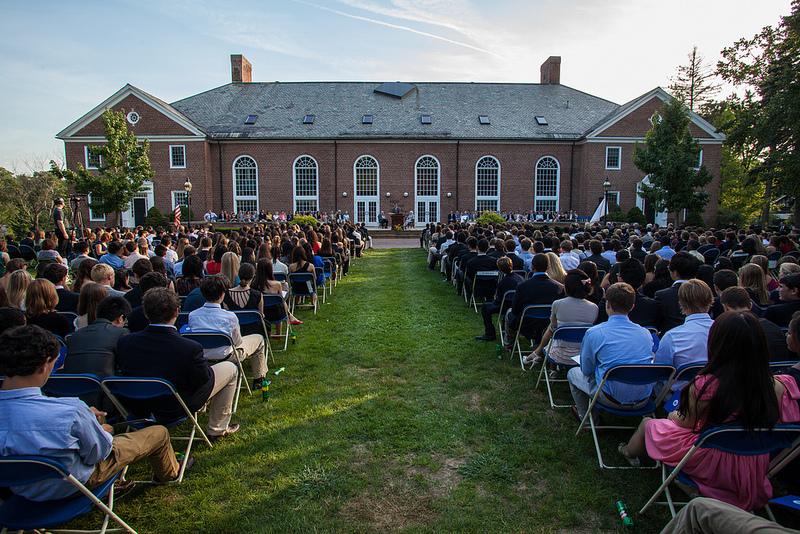
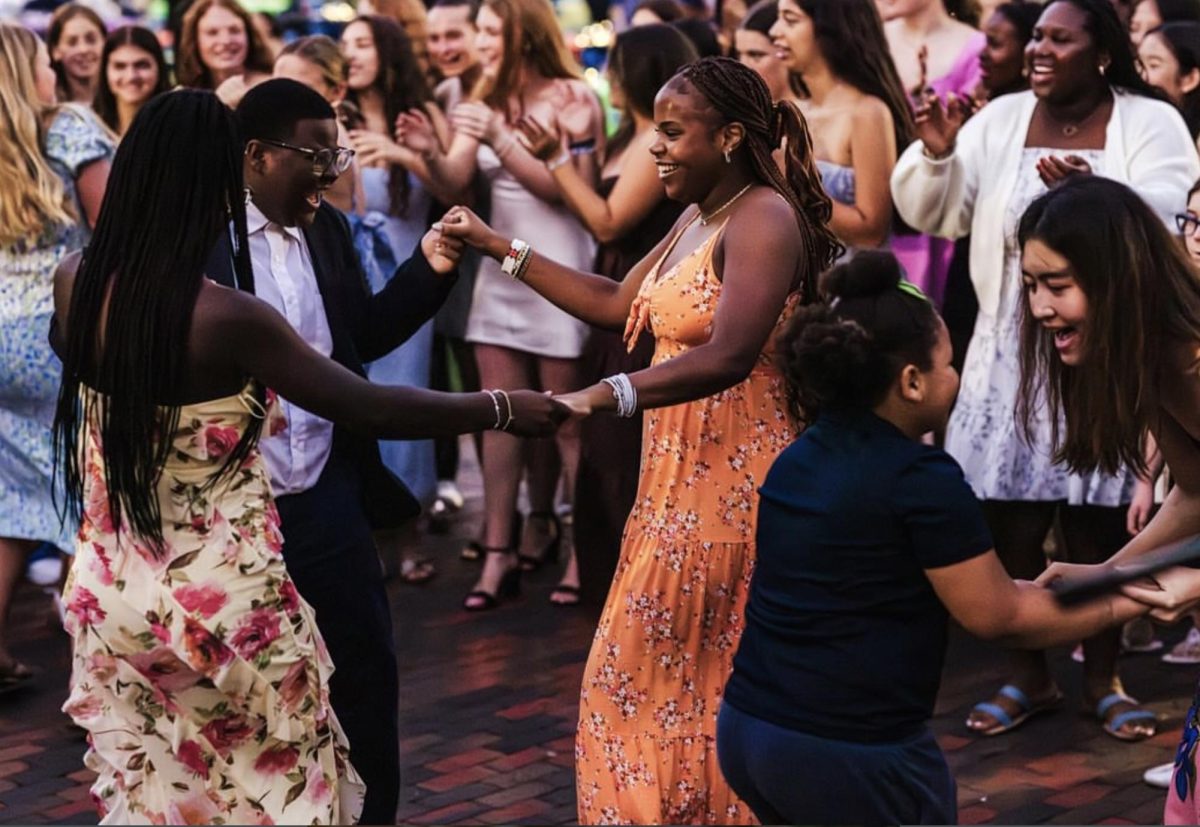








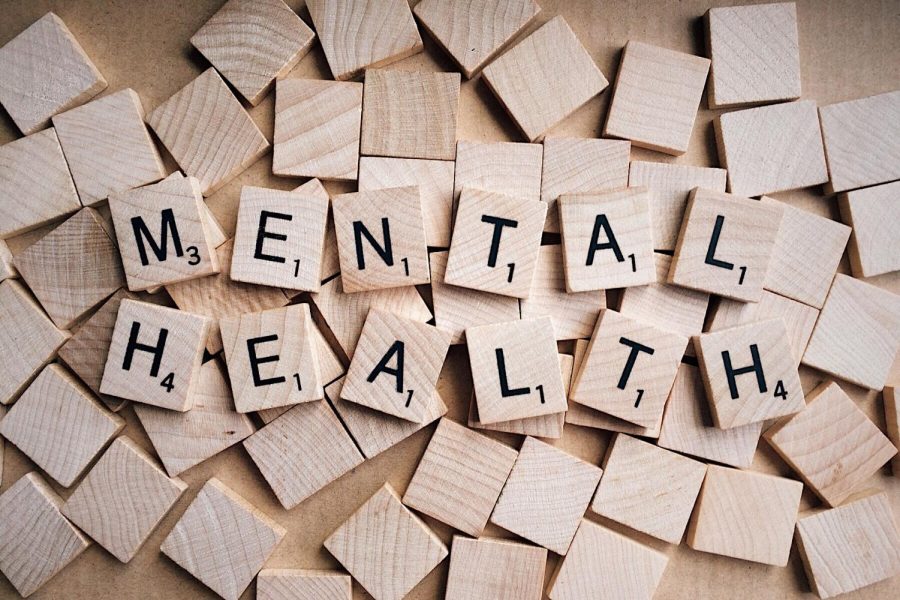

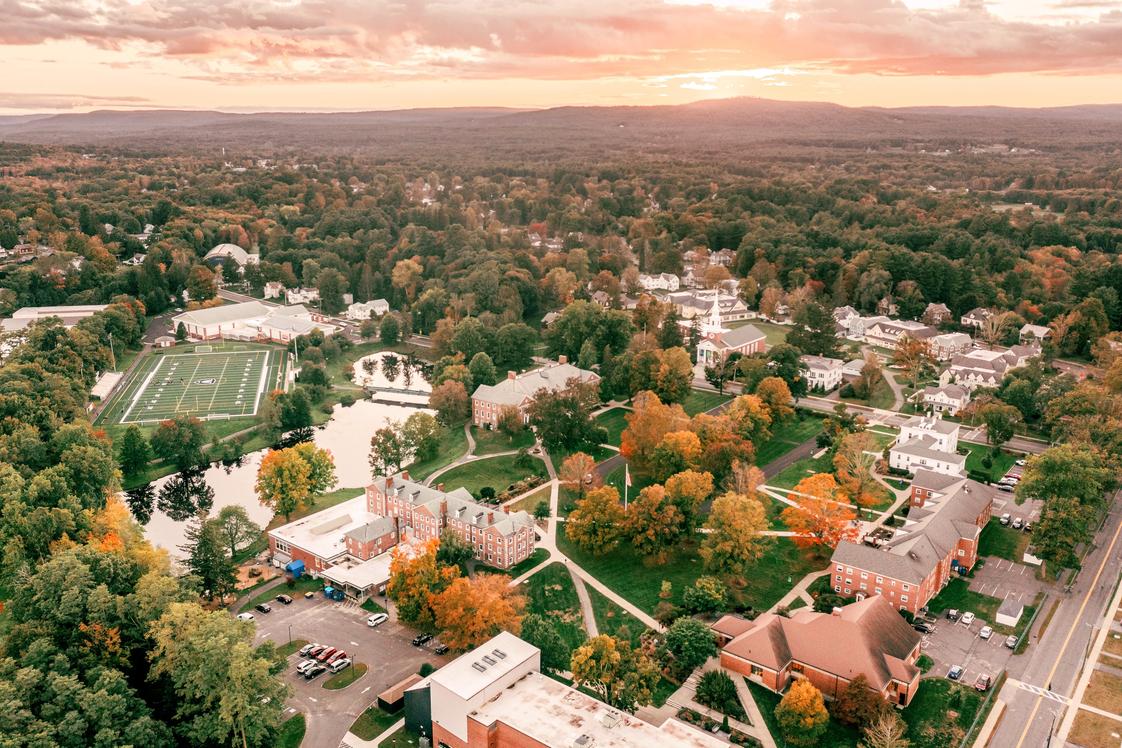
Calvin Klumpp • Oct 2, 2023 at 1:37 PM
I like where you’re headed with this. Keep your head on straight.